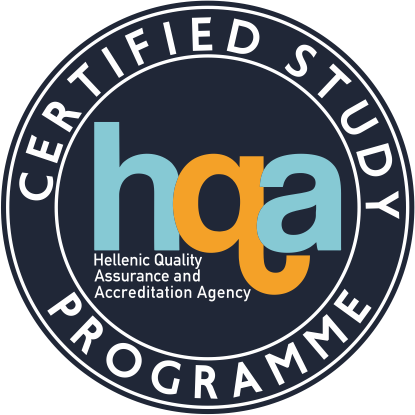| School |
Natural Sciences |
Academic Unit
|
Geology Department |
Level of Studies
|
Undergraduate |
Course Code
|
GEO_714Ε |
| Εξάμηνο σπουδών |
8ο |
Course Title
|
Landslide Phenomena in Terrastrial and Marine Environment |
Independent Teaching Activities
|
Lectures, Laboratory Work, Tutorial Work |
Weekly Teaching Hours
|
2L, 1LW, 1TW |
| Credits |
5 |
Course Type
|
Field of Science (geology) and Skills Development (Landslide phenomena) |
Prerequisite Courses
|
Typically, there are not prerequisite course. It is however recommended that students should have at least a basic knowledge of Engineering Geology |
Language of Instruction & Examinations
|
Greek. Teaching may be however performed in English in case that foreign students attend the course |
Is the Course offered to Erasmus Students
|
Yes |
| Course Web-Page (URL) |
https://eclass.upatras.gr/courses/GEO350/ |
Learning Outcomes
|
The course gives the theoretical and objective knowledge related to the identification, classification and estimation of basic parameters - characteristics of landslides (terrestrial and marine) on soil and rock, natural and man-made slopes, as well as their design methodologies. Additionally, the remedial - stabilized measures are discussed and the relevant technical works that contribute to landslide stabilization are presented
By the end of this course the student will possess cognitive and practical skills and has the ability to:
- Utilization of know - how as regards the recording and monitoring of slope movement and their safe design (use of appropriate methods, materials and instruments)
- Application of knowledge and creative thinking to solve problems related to slope stability and safe design and construction of technical works against the landslide phenomena (in roads, villages e,tc.)
Also the student in the working environment has the ability to respond:
- With competence in interdisciplinarity that required by the protection against landsliding
- With responsibility and reliability in the case of autonomous employment
|
General Competences
|
Retrieve, analyze and synthesize data and information, using the necessary technologies
- Decision making
- Adapt to new situations
- Working in an interdisciplinary environment
|
| Syllabus |
- LandslideClassification, causal and triggering factors, landslide failure mechanism
- Ground movement monitoring (inclinometers, Satellite Geodesy)
- Slope stability analyses, Limit Equilibrium Analyses
- Remedial measures: Design and construction
- Landslide susceptibility, hazard and risk. Landsliding in the Hellenic region
- Submarine landslides: causal factors, sliding mechanism, classification, recording techniques
- Liquefaction phenomena
- Laboratory work: testing for shear strength determination in (a) soil (peak - residual) and (b) rock mass discontinuities
- Seminars on (a) Slope Stability analyses using the relevant software (b) soil susceptibility to liquefaction
|
| Delivery |
Lectures, laboratory work and seminars face to face. |
Use of Information & Communication Technology
|
- Use of Information and Communication Technologies (ICTs) (power point) in teaching.
- Support of Learning Process and Dissemination of educational material through the e_class platform
|
Teaching Methods
|
| Activity |
Semester workload |
| Lectures (2 conduct hours per week x 13 weeks) |
2 X 13 = 26 |
| Laboratory (1 conduct hour per week x 13 weeks) including practice in testing procedure and apparatuses as regards shear strength of soil and rockmass discontinuities |
1 X 13 = 13 |
| Seminar work on slope stability analyses using software and soil susceptibility to liquefaction |
1 X 13 = 13 |
| Autonomous study |
73 |
| Total number of hours for the Course |
125 |
|
Student Performance Evaluation
|
Final Written Course Exams:
Ten (10) questions of short answer related to lectures |
Attached Bibliography
|
Textbooks :
- Τεχνική Γεωλογία (2002). Γ. Κούκης, Ν. Σαμπατακάκης Εκδόσεις Παπασωτηρίου, σελ. 514.
- Γεωλογία Τεχνικών Έργων (2007). Γ. Κούκης, Ν. Σαμπατακάκης Εκδόσεις Παπασωτηρίου, σελ. 575.
- Εφαρμογές της Τεχνικής Γεωλογίας και Γεωτεχνικής στα Τεχνικά Έργα (2015). Ν. Σαμπατακάκης, Γ. Κούκης, Ν. Δεπούντης. Εκδόσεις Πανεπιστημίου Πατρών, σελ. 131
- Engineering Geology. Principle and practice (2009). D.G. Price, Springer.
- Engineering Geology (2007). F.G. Bell. Second edition. B.H.
- Rock Slope Engineering. 4th edition. Wyllie, Mah, CRC Press
Scientific international Journals:
- Bulletin of Engineering Geology and the Environment. Springer
- Engineering Geology. Elsevier.
- Geotechnical and Geological Engineering. Springer
- Springer
- Natural Hazards. Springer
|





